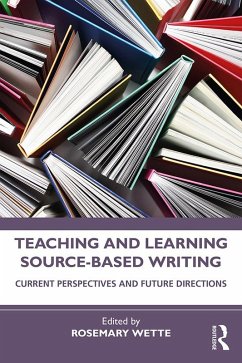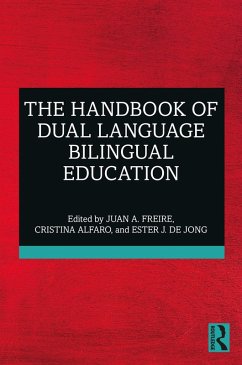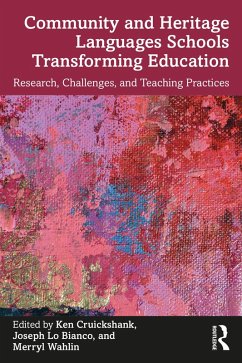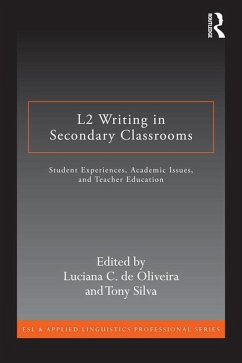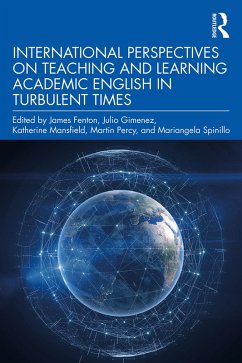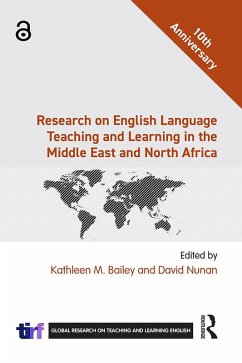
Teaching and Learning Source-Based Writing (eBook, ePUB)
Current Perspectives and Future Directions
Redaktion: Wette, Rosemary
Versandkostenfrei!
Sofort per Download lieferbar
44,95 €
inkl. MwSt.
Weitere Ausgaben:

PAYBACK Punkte
22 °P sammeln!
This volume brings together significant findings, approaches, and research-based pedagogies on teaching and learning source-based writing. A comprehensive update to the field, this book presents source-based writing as an essential skill that comes with its own specific set of challenges, requiring a complex set of literacy skills and capabilities for mastery. With contributors from leading scholars from around the world, the volume addresses source-based writing as a developmental issue and offers guidance for supporting novice academic writers on their path toward proficiency and accumulatio...
This volume brings together significant findings, approaches, and research-based pedagogies on teaching and learning source-based writing. A comprehensive update to the field, this book presents source-based writing as an essential skill that comes with its own specific set of challenges, requiring a complex set of literacy skills and capabilities for mastery. With contributors from leading scholars from around the world, the volume addresses source-based writing as a developmental issue and offers guidance for supporting novice academic writers on their path toward proficiency and accumulation of multifaceted skill set.
Chapters cover key topics, including metacognitive skills, the flipped classroom, scaffolding, assessment, and ethical considerations. With research reviews, practical considerations and future directions as components of each chapter, this book is ideal for courses on academic writing and second language writing.
Chapters cover key topics, including metacognitive skills, the flipped classroom, scaffolding, assessment, and ethical considerations. With research reviews, practical considerations and future directions as components of each chapter, this book is ideal for courses on academic writing and second language writing.
Dieser Download kann aus rechtlichen Gründen nur mit Rechnungsadresse in A, B, BG, CY, CZ, D, DK, EW, E, FIN, F, GR, HR, H, IRL, I, LT, L, LR, M, NL, PL, P, R, S, SLO, SK ausgeliefert werden.




